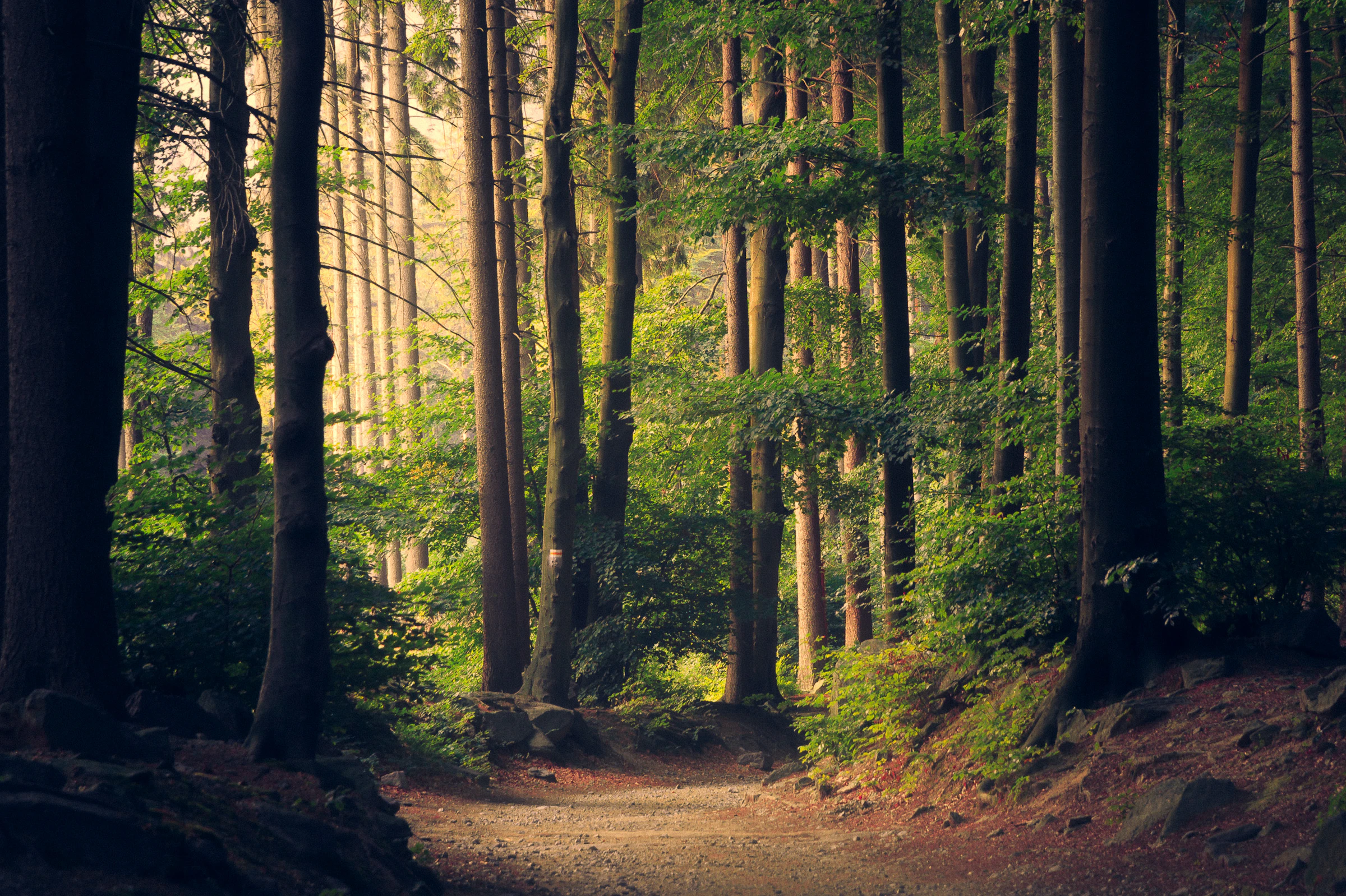If you are waiting for the perfect week-long wellness getaway, you probably know the drill. Calendars never align, costs balloon, and by the time the trip arrives you are so depleted that the first two days feel like recovery from the logistics, not the life you want to return to. The common misconception is that change demands a big trip. In reality, small, well-designed breaks may restore energy, sharpen focus, and improve sleep when you build them into your normal life. I call them micro-retreats, and they are the most affordable, science-backed way I know to turn time away into true recovery.
What a Micro-Retreat Is
A micro-retreat is a short, intention-led break that lasts from 30 minutes to half a day. It is local, low friction, and repeatable. You work with your natural rhythms and your surroundings rather than against them. The goal is not to do more, it is to simplify a few rituals that refill your attention, balance your nervous system, and set you up for better sleep and steadier mood.
Two quick definitions you will see below. Circadian rhythm is your internal 24-hour timing system that coordinates sleep, hormones, and body temperature. Heart rate variability, or HRV, is the small variation in time between heartbeats. Higher HRV is generally associated with better recovery and stress resilience.
Why Micro-Retreats Work
Nature restores attention and reduces stress
Time in nearby parks, gardens, or shorelines is associated with better physical and mental health. Even two hours per week adds up across short visits rather than one long outing [1]. A single 90 minute walk in nature may reduce rumination, the repetitive negative thinking that exhausts the mind, and is linked with quieter activity in a brain region involved in self-focused worry [2]. Classic environmental psychology research helps explain why. Natural settings are gentle on directed attention, which lets the brain rest and recover, a principle known as attention restoration theory [3]. Exposure to natural scenes is also associated with faster stress recovery, consistent with stress reduction theory [4].
Morning light supports your internal clock
Daylight early in the day may help stabilize circadian rhythms and make earlier, more consistent sleep easier. Field studies show that aligning with natural light and darkness can shift the timing of the body clock within days, even during short outdoor resets [5]. Controlled research also shows that daytime light has alerting effects and influences the circadian system, which can support mood and sleep when timed well [6].
Breath shape and pace can calm the body
Slow, nasal breathing at about six breaths per minute may increase HRV and reduce anxiety in many people. Reviews of paced breathing report shifts toward parasympathetic activity, the rest and recover branch of the nervous system, along with calmer mood states [7]. Think of it as a portable dial that you can turn down when your day feels loud.
Short breaks protect energy and focus
Your brain runs in ultradian cycles, which are natural performance waves that repeat about every 90 to 120 minutes. Brief interruptions during or after these cycles are linked with less fatigue and better task performance, especially when breaks include movement or nature [8]. Short naps around 10 to 20 minutes may also restore alertness without heavy grogginess for many people [9].
Moments of awe and gentle movement lift mood
Simple, intentionally curious walks in ordinary environments can increase feelings of awe and joy, especially when you look for things that feel new or vast to you [10]. Add light movement and the benefit compounds. Even a single bout of moderate activity is associated with a boost in positive mood states, often within minutes [12].
Digital boundaries lighten your mental load
Removing the phone from your immediate space during recovery windows can free up attention. Research shows that the mere presence of a personal smartphone, even when powered down, can reduce available cognitive capacity [11]. A micro-retreat is the perfect moment to make your mind feel more spacious.
Designing Your Micro-Retreat
Pick one clear intention
Choose a single priority so your plan stays simple. Examples: sleep reset, stress relief, creative refresh, or decision clarity. Your intention determines the mix of light exposure, movement, and reflection that makes sense.
Choose a repeatable window
Start with one of these formats. You will likely find a favorite and repeat it once or twice a week.
- 90-minute nature block: Walk slowly in a green or blue space for 45 to 60 minutes, pause to breathe, then sit quietly or write for 10 minutes.
- Three-hour local escape: Begin with sunlight and a 20 to 30 minute walk, then a thermos tea on a bench while you do a breathing set, followed by a phone-free hour reading or sketching outdoors.
- Half-day home retreat: Morning light, a pantry breakfast, low-intensity mobility work, an awe-focused neighborhood loop, and a nap or eyes-closed rest.
Layer the core elements
- Light: Get 10 to 30 minutes of outdoor light within two hours of waking. Overcast still counts. Skip sunglasses if comfortable and safe, but protect your eyes as needed [6].
- Nature: Aim for proximity over perfection. A tree-lined street, a small park, or a waterfront path can deliver benefits, especially as part of a weekly total near two hours [1].
- Breath: Try this for five minutes. Inhale through your nose for four seconds, exhale for six seconds. Keep the effort light. If you feel lightheaded, return to normal breathing [7].
- Movement: Choose an easy zone where you could talk in full sentences. Walk, cycle gently, or flow through mobility. Expect mood gains even with short bouts [12].
- Boundaries: Put your phone on airplane mode and place it in your bag or a pocket you do not touch. If safety requires access, set one emergency contact and disable other notifications [11].
Practical Takeaways You Can Start This Week
- Schedule two 90-minute nature blocks on your calendar just like a meeting. Treat them as nonnegotiable health appointments [1].
- Anchor your micro-retreats to morning light when possible. Even brief exposure may support an earlier, more stable sleep window [5].
- Use a simple breathing ratio. Four seconds in, six seconds out, for five minutes. Repeat once or twice during your break to help nudge your nervous system toward recovery [7].
- Create an awe cue. On each walk, pick a theme like small textures or big horizons and take two photos only. This helps shift attention toward novelty and delight [10].
- Protect the edges. Begin and end with two minutes of quiet without your phone present. This marks the time as restorative for your brain [11].
- Finish with a one-line note. Write a single sentence that starts with Today I noticed. Reflection consolidates the reset and keeps the ritual satisfying.
- Keep it inexpensive. Choose free public spaces, make your own warm drink, and use what you have. Cost is not a barrier to results.
- Consider a 10 to 20 minute nap if you are sleepy and have time, but set an alarm and keep it short to avoid grogginess later in the day [9].
Gentle cautions
- Sunlight helps set circadian timing, but do not stare at the sun. Protect your skin and eyes according to your needs and local conditions [6].
- If slow breathing makes you dizzy or anxious, stop and return to normal breathing. People with certain medical or panic conditions may prefer very subtle breath awareness instead [7].
- If you struggle with insomnia, avoid naps after midafternoon and keep micro-retreats earlier in the day while you test what supports your night sleep [9].
- Micro-retreats complement, not replace, professional care. If you live with depression, anxiety, or a medical condition, check changes with your clinician.
What Results Might Feel Like
In the first one to two weeks, expect small signals. You may notice a clearer head after your nature block, a drop in shoulder tension after five minutes of slow breathing, and a quieter urge to check your phone. With steady practice, many people report easier mornings, steadier afternoon energy, and a more confident wind-down routine. These are not instant transformations, they are gentle nudges that add up as the rituals become part of your week.
I hope you carve out your first micro-retreat soon. With a clear intention, a short list of rituals, and the help of nature, your days can feel more breathable within the life you already have. If this approach resonates, I would love to have you back here as you refine your routine. Subscribe or stop by again for new low-friction plans that make unplugging feel easy.
References
- White, M. P., et al. (2019). Spending at least 120 minutes a week in nature is associated with good health and wellbeing. Scientific Reports. https://www.nature.com/articles/s41598-019-44097-3
- Bratman, G. N., et al. (2015). Nature experience reduces rumination and subgenual prefrontal cortex activation. Proceedings of the National Academy of Sciences. https://www.pnas.org/doi/10.1073/pnas.1510459112
- Kaplan, S. (1995). The restorative benefits of nature: Toward an integrative framework. Journal of Environmental Psychology. https://doi.org/10.1016/0272-4944(95)90001-2
- Ulrich, R. S., et al. (1991). Stress recovery during exposure to natural and urban environments. Journal of Environmental Psychology. https://doi.org/10.1016/S0272-4944(05)80184-7
- Wright, K. P., Jr., et al. (2017). Entrainment of the human circadian clock to the natural light-dark cycle across seasons and after a weekend camping. Current Biology. https://www.cell.com/current-biology/fulltext/S0960-9822(17)30870-9
- Cajochen, C., Chellappa, S. L., and Dijk, D. J. (2011). Circadian and light effects on human sleepiness-alertness. Sleep Medicine Reviews. https://doi.org/10.1016/j.smrv.2010.12.005
- Zaccaro, A., et al. (2018). How breath-control can change your life: A systematic review on psychophysiological correlates of slow breathing. Frontiers in Human Neuroscience. https://www.frontiersin.org/articles/10.3389/fnhum.2018.00353/full
- Bosch, C., Sonnentag, S., and Pinck, A. S. (2022). What makes for a good break? A systematic review of the effects of micro-breaks on well-being and performance. PLOS ONE. https://journals.plos.org/plosone/article?id=10.1371/journal.pone.0267641
- Brooks, A., and Lack, L. (2006). A brief afternoon nap following nocturnal sleep restriction: Which nap duration is most recuperative? Sleep. https://academic.oup.com/sleep/article/29/6/831/2709334
- Sturm, V. E., et al. (2020). Awe experiences drive positive emotions and reduce distress in older adults. Emotion. https://doi.org/10.1037/emo0000799
- Ward, A. F., Duke, K., Gneezy, A., and Bos, M. W. (2017). Brain drain: The mere presence of one’s own smartphone reduces available cognitive capacity. Journal of the Association for Consumer Research. https://www.journals.uchicago.edu/doi/10.1086/691462
- Reed, J., and Ones, D. S. (2006). The effect of acute aerobic exercise on positive activated affect. Psychology of Sport and Exercise. https://doi.org/10.1016/j.psychsport.2005.11.003






